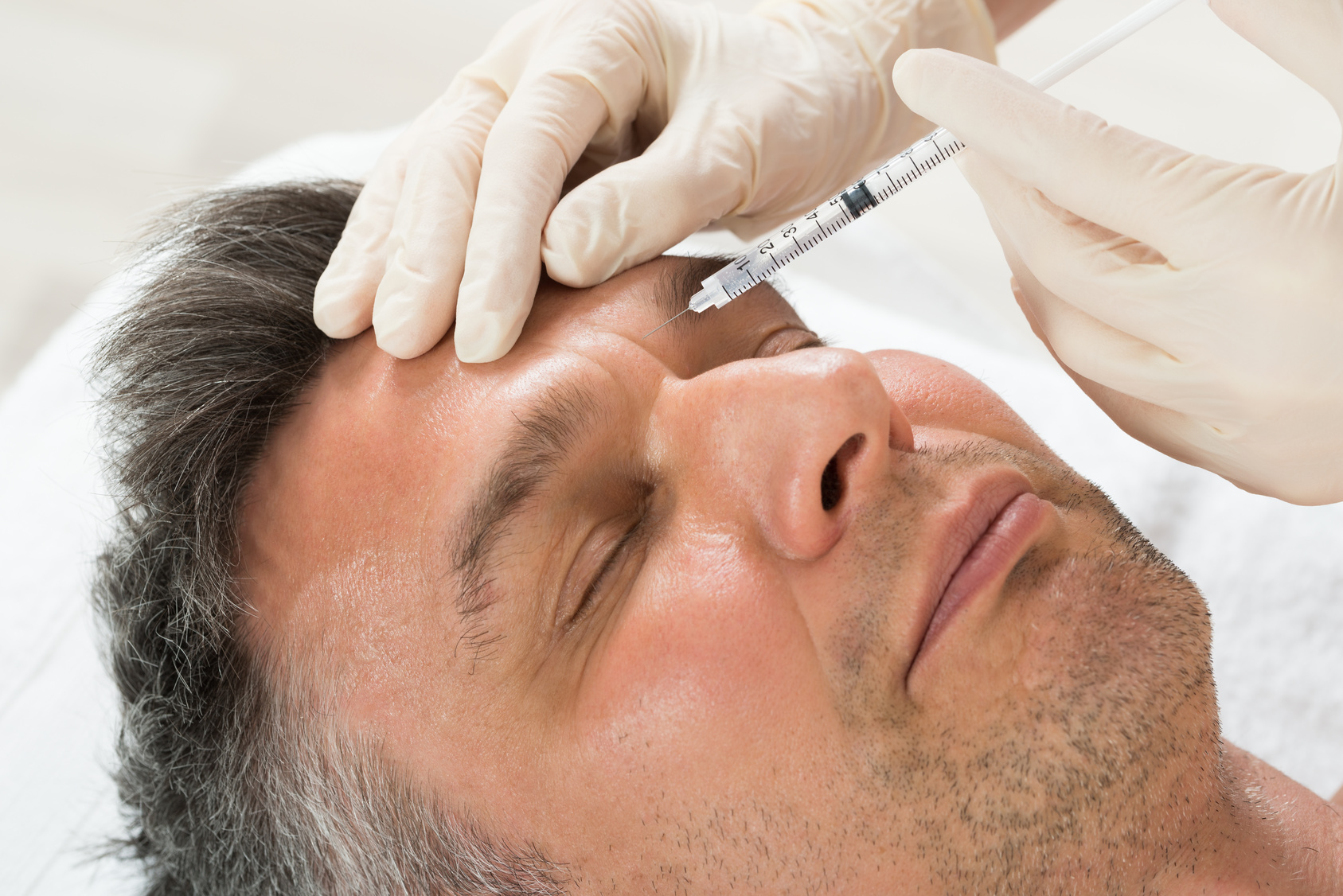
Ian Hallam is a cosmetic dentist specialising in facial aesthetics. Here, he reveals why dentists can ‘do’ facial aesthetics, too
Did you know that dentists are equally as qualified as doctors to offer facial aesthetics – and the tough new rules that regulate these cosmetic treatments confirm it?
In a response to criticism that there is little regulation over who offers certain invasive and non-invasive cosmetic treatments, the General Medical Council issued guidelines in a bid to make the process a hell of a lot safer for us all.
They came into force on 1 June and so long as the clinician is a trained healthcare professional in the procedure they’re offering, it’s good to go – and that list includes dentists!
Indeed, according to cosmetic dentist and comparethetreatment.com expert, Dr Ian Hallam, dentists are well equipped to deliver such cosmetic treatments, having undergone detailed human anatomy dissection of the head and neck as part of their dental qualification – ‘so they have a very thorough knowledge of anatomy’.
Dentists also have the skill and manual dexterity to inject, as Dr Hallam notes ‘dentists spend all day every day injecting local anaesthetic in the restrictive confines of the mouth for dental procedures and so are very skilled at using syringes’.
Dentists, too, work in a clinical environment governed by the Care Quality Commission and so, from a cross-infection control perspective, their practices are just as safe.
Dr Hallam says: ‘Cosmetic dentistry also requires an artistic eye in order to achieve symmetry, balance, proportions and aesthetics. They naturally have an artistic eye when it comes to assessing and carrying out facial aesthetic treatments.
‘And dentists are used to treating nervous patients, so they are more tuned in to treating patients as painlessly as possible.’
And, before undergoing any cosmetic treatments, Dr Hallam advises we should ALWAYS:
1. Learn about the WHOLE range of treatments offered
2. Find out about the practitioner’s PROFESSIONAL experience
3. Ask about their PHILOSOPHY regarding the results they aim to achieve.
4. Request to see case studies of patients who THEY have treated – any good practitioner will have case study photographs to illustrate their results.

